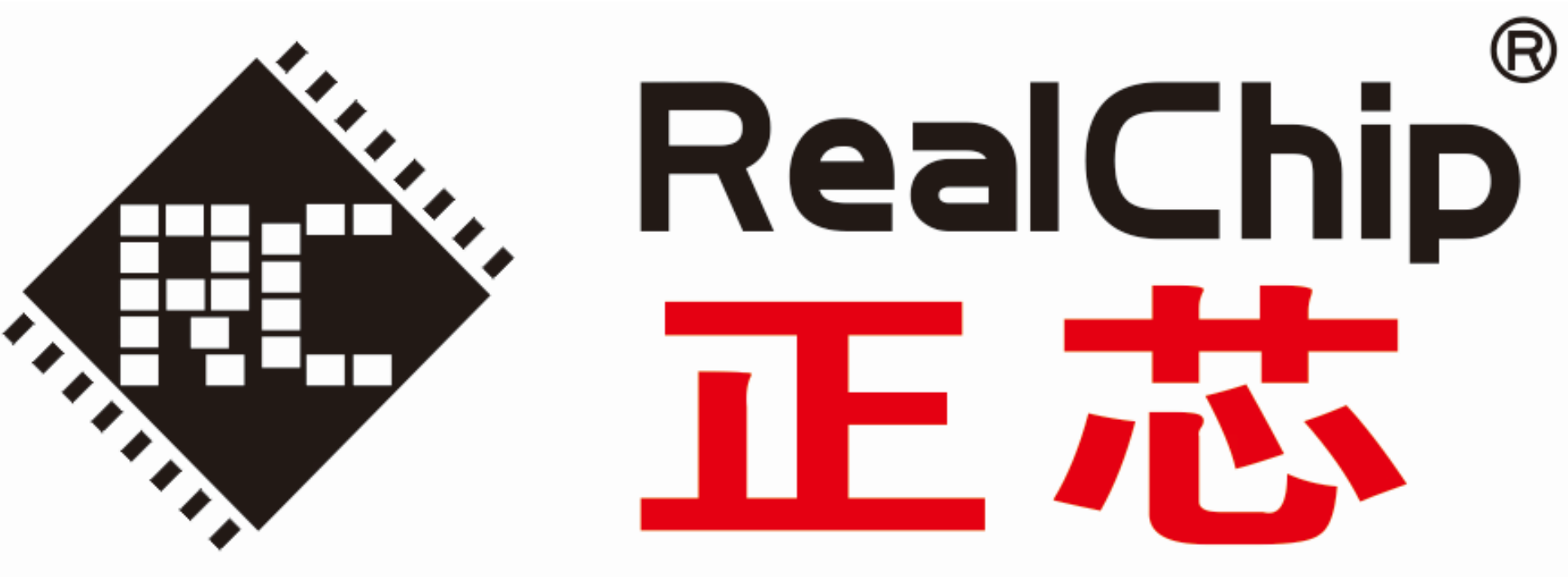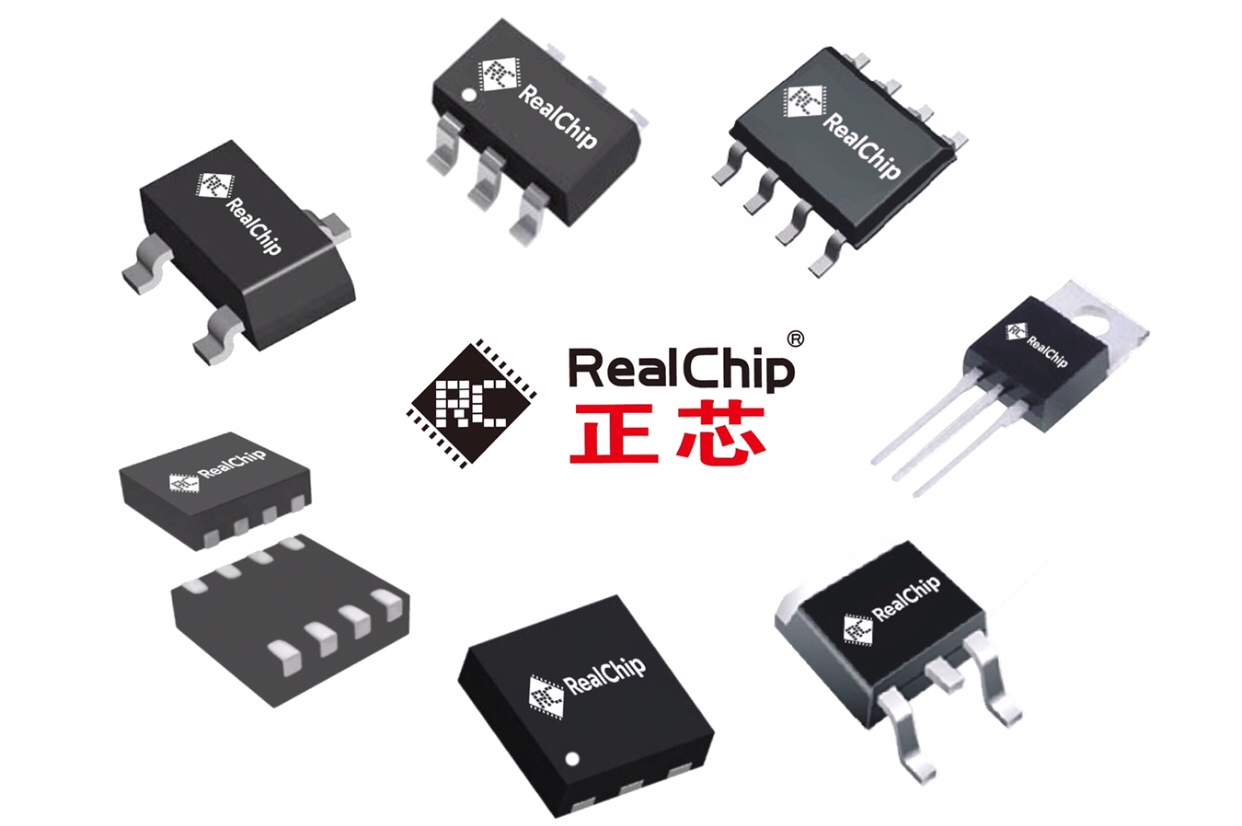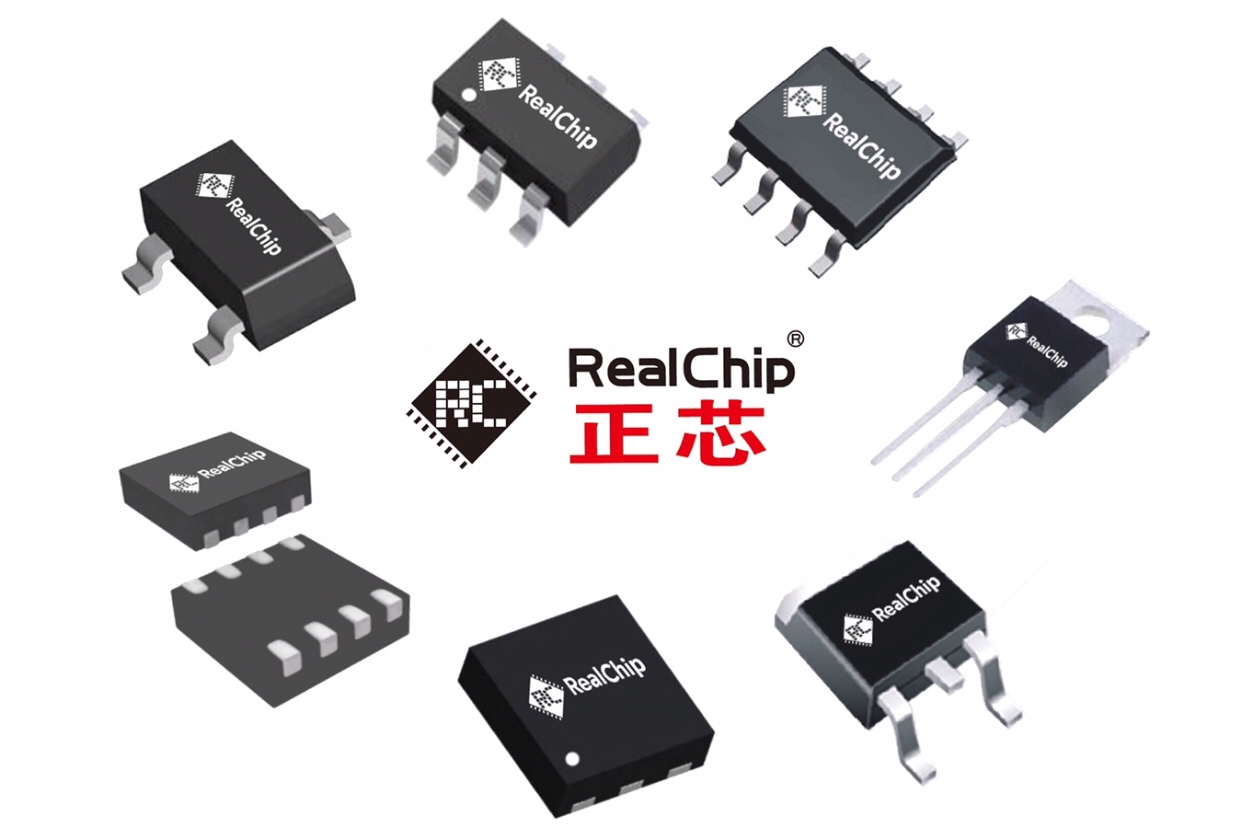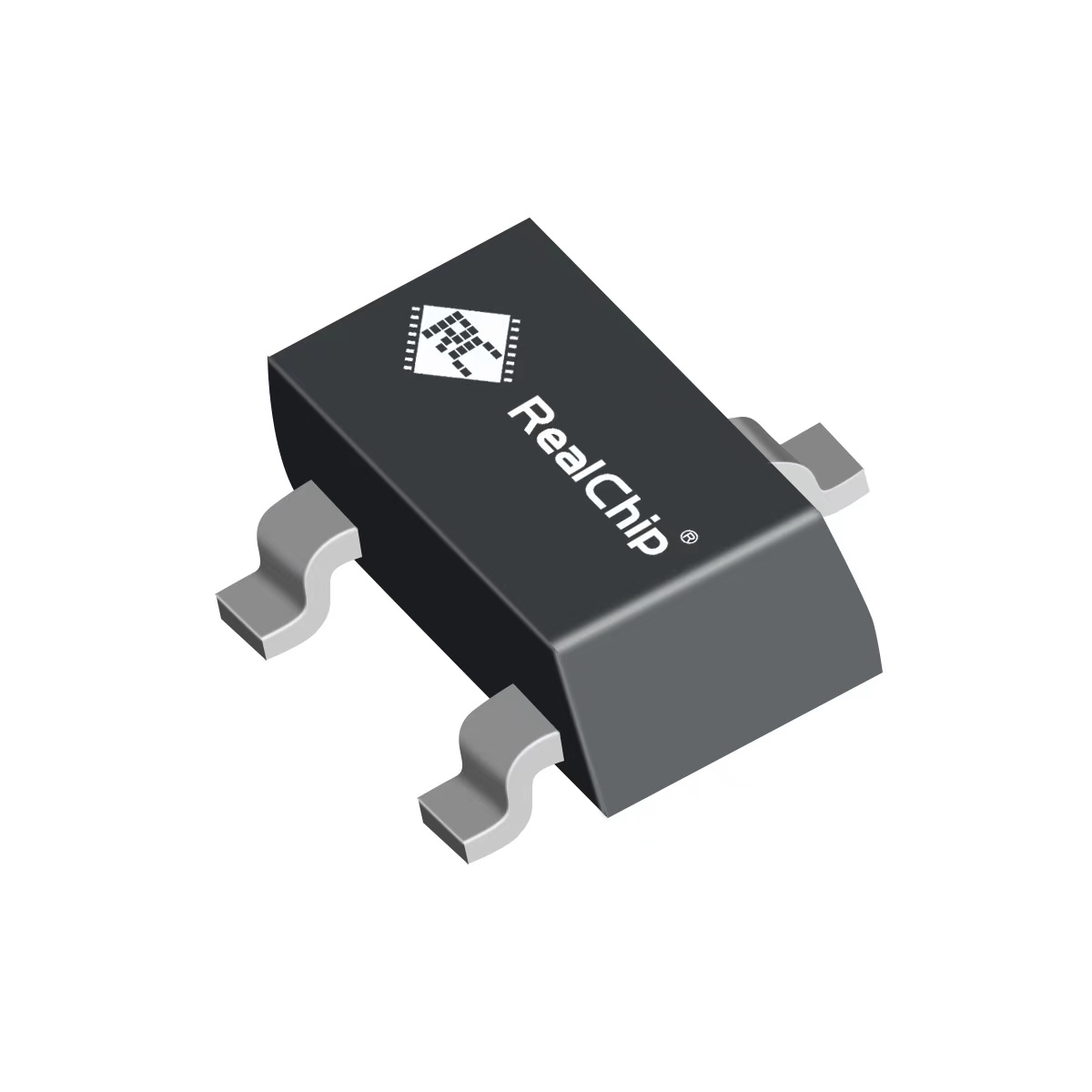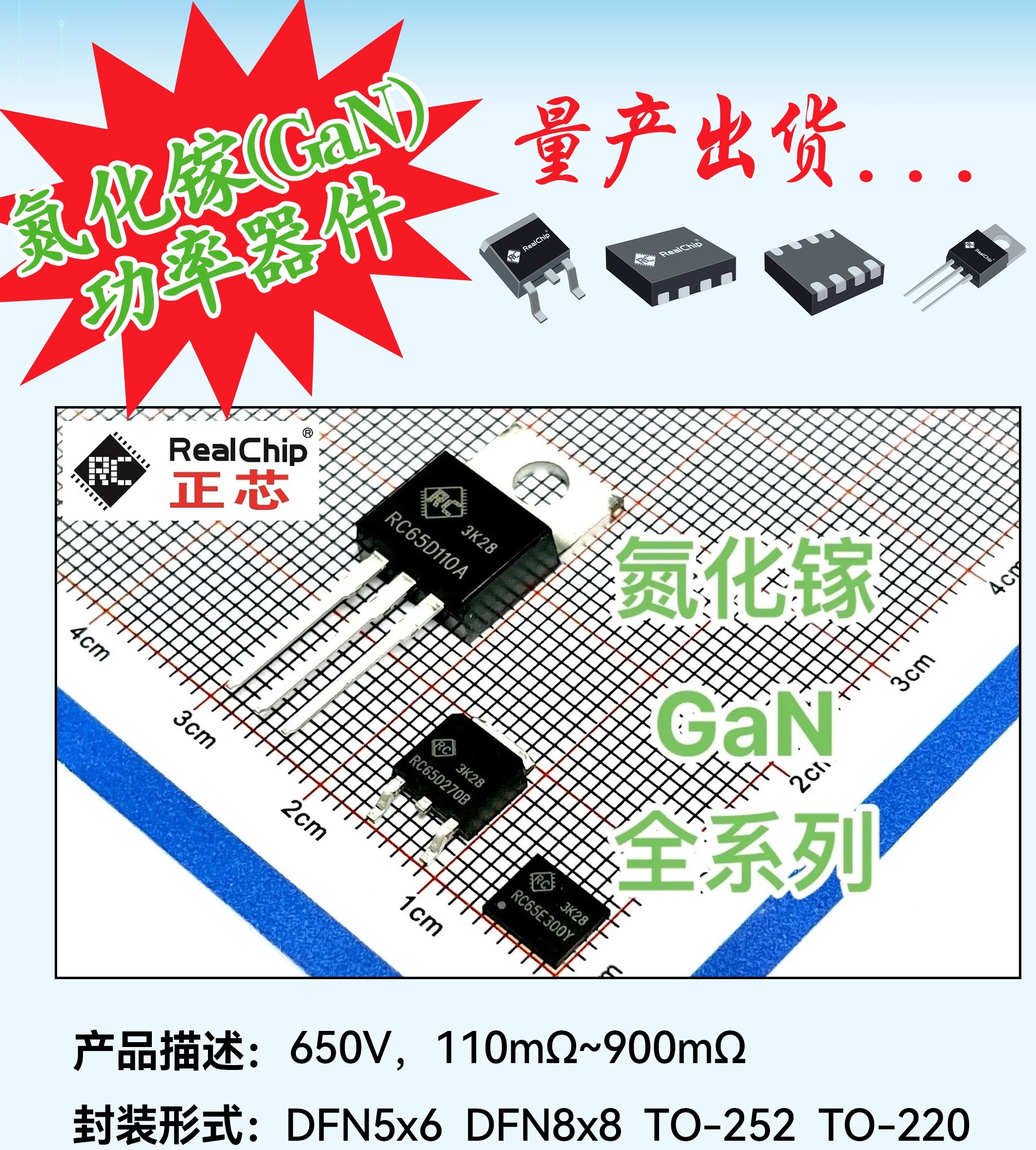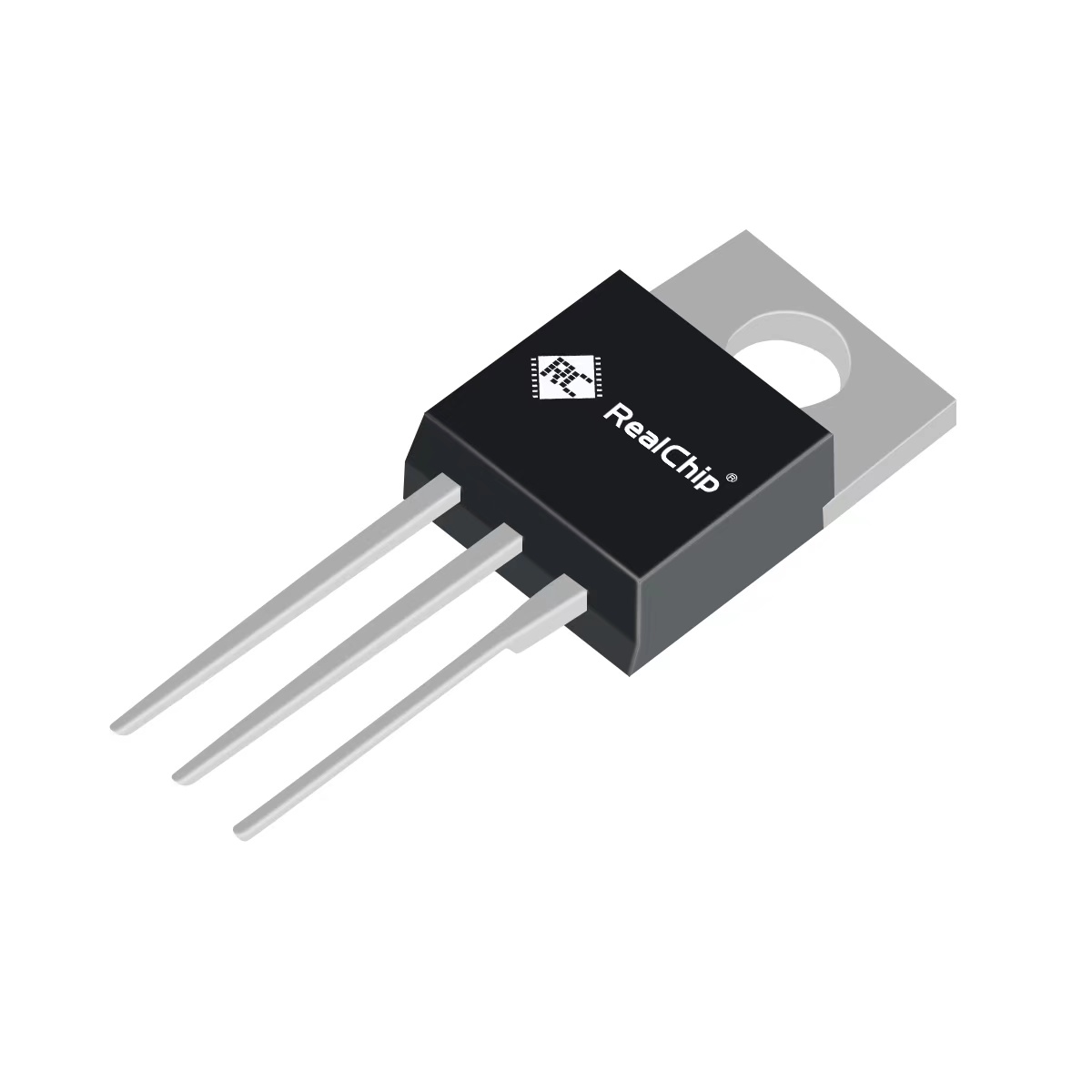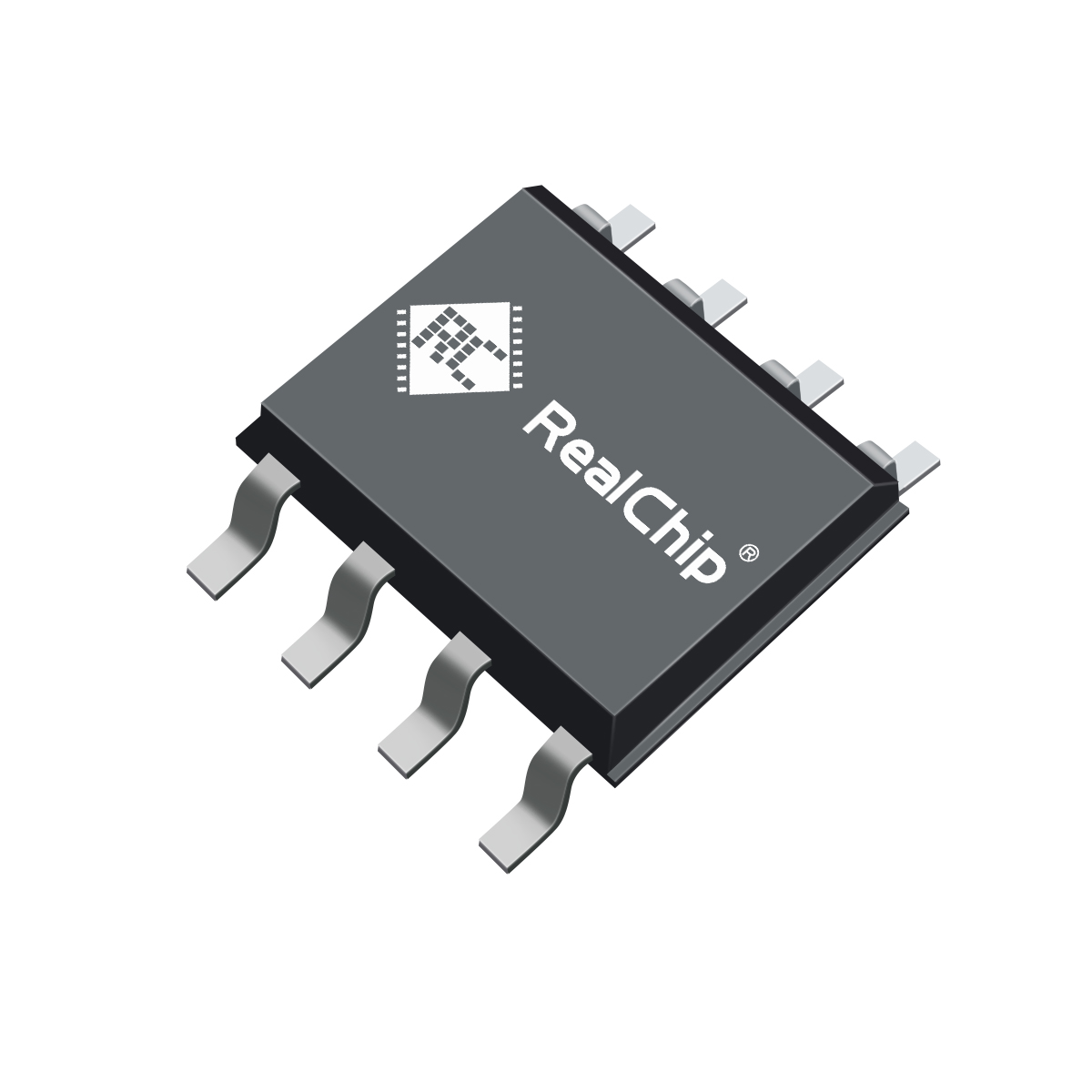In the 21st century, with the rapid development of technology, the concept of smart cities has gradually moved from theory to reality, becoming an important force in promoting urban modernization and improving residents' quality of life. The promise of a smart city lies in utilizing Internet of Things (IoT) technology to digitize critical infrastructure, thereby optimizing urban management, improving public services, and enhancing residents' well-being. This article will delve into how smart cities can use IoT technology to achieve digitalization, as well as the challenges and opportunities faced in this process.
The Promise of Smart Cities: Utilizing IoT Technology to Achieve Digitization
1、 The concept and vision of smart cities
Smart city, in short, is the use of information and communication technology to sense, analyze, and integrate various key information of the core system of urban operation, and make intelligent responses to various needs including people's livelihood, environmental protection, public safety, urban services, and industrial and commercial activities. Its vision is to improve the sustainability, livability, and economic development capacity of cities through data-driven and technological innovation.
The Internet of Things technology, as the cornerstone of smart city development, achieves data-driven urban management and optimization by connecting and automating various urban facilities and services. IoT devices can monitor and control key systems in cities in real-time, such as transportation, energy, waste management, environmental monitoring, etc., providing real-time and accurate data support for city managers to make more scientific and efficient decisions.
2、 The Application of Internet of Things Technology in Smart Cities
Intelligent Traffic Management
The application of IoT technology in intelligent transportation management is particularly significant. By deploying IoT devices such as sensors and cameras, real-time monitoring of road traffic conditions can be achieved, traffic signal control can be optimized, and traffic congestion and accidents can be reduced. For example, an intelligent traffic monitoring system can adjust the timing of traffic lights based on traffic flow, optimizing traffic flow; Intelligent navigation systems can guide drivers to choose the optimal path and improve travel efficiency.
Smart Environmental Monitoring and Management
IoT technology is also widely used in smart environment monitoring and management. By deploying air quality sensors and water quality monitoring equipment, real-time data on air pollution and water quality in different areas of the city can be collected, helping urban managers take timely measures to address environmental pollution issues. In addition, IoT devices such as smart trash cans can also monitor the real-time filling status of garbage, optimize garbage recycling routes, and reduce pollution and costs.
Intelligent Energy System
In terms of intelligent energy systems, IoT technology achieves energy efficiency improvement and optimized utilization of energy resources through devices such as smart meters and sensors. Smart grid can monitor power demand in real time, balance the load of the power supply network, optimize energy allocation, reduce waste and power outage accidents. At the same time, intelligent lighting systems can dynamically adjust lighting brightness based on ambient light, pedestrian and vehicle activities, reducing unnecessary energy consumption.
Smart Public Services
The Internet of Things technology has greatly improved the quality and efficiency of public services. For example, intelligent public transportation systems provide convenient ticketing payments, self-service queries, and other services through digital technology; Intelligent medical services utilize functions such as remote medical care and health record management to provide residents with more convenient and efficient medical services.
3、 Challenges and Solutions Faced by Digitalization of Smart Cities
Although the application prospects of IoT technology in smart cities are broad, there are still many challenges in achieving digitalization.
Data Quality and Reliability
The Internet of Things project involves numerous active components, from sensors to edge devices to cloud platforms. Any error in any link can lead to a decrease in data quality. Problems such as data gaps and unstable readings are not uncommon in large-scale IoT projects. To address this issue, innovative companies such as Ayyeka have utilized artificial intelligence technology to develop solutions that can automatically detect, report, and repair IoT sensor data, significantly improving data quality and reliability.
Security and Privacy Protection
With the popularity of IoT devices, data security and privacy protection issues are becoming increasingly prominent. The large amount of data in smart cities involves sensitive information such as personal privacy and trade secrets, and once leaked, it will have serious consequences for individuals and society. Therefore, strengthening data security protection and establishing a sound privacy protection mechanism are indispensable parts of the digitalization process of smart cities.
